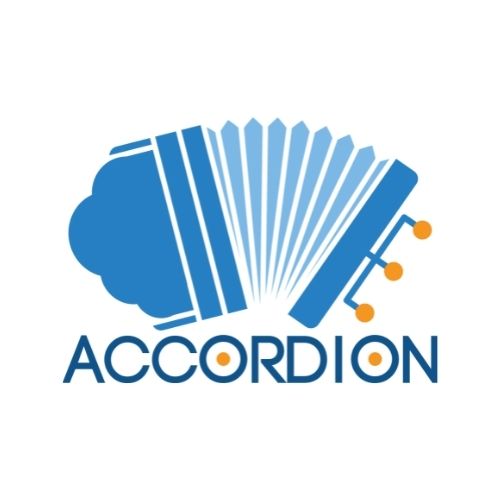There is an increasing number of signs that the edge computing concept is going to play a dominant role in the forthcoming technology developments, disrupting economies at a large scale. The big cloud providers promptly jumped in to get the lion’s share but edge computing is intrinsically more “democratic” than cloud computing. In fact, its distributed and localized nature can be an antibody for big trusts, if properly exploited. Synergistically employing edge computing with upcoming technologies such as 5G provides an opportunity for the EU to capitalize on its local resource and infrastructure and its SME-dominated application development landscape and achieve an edge-computing-driven disruption with a local business scope.
To this end, ACCORDION establishes an opportunistic approach to bringing together edge resource/infrastructures (public clouds, on-premise infrastructures, telco resources, even end devices) in pools defined in terms of latency, that can support NextGen application requirements. To mitigate the expectation that these pools will be “sparse”, providing low availability guarantees, ACCORDION will intelligently orchestrate the compute & network continuum formed between edge and public clouds, using the latter as a capacitor. Deployment decisions will be taken also based on privacy, security, cost, time, and resource type criteria.
The slow adoption rate of novel technological concepts from the EU SMEs will be tackled through an application framework, that will leverage DevOps and SecOps to facilitate the transition to the ACCORDION system. With a strong emphasis on European edge computing efforts (MEC, OSM) and 3 highly anticipated NextGen applications on collaborative VR, multiplayer mobile- and cloud-gaming, brought by the involved end-users, ACCORDION is expecting to radically impact the application development and deployment landscape, also directing part of the related revenue from non-EU vendors to EU-local infrastructure and application providers.
